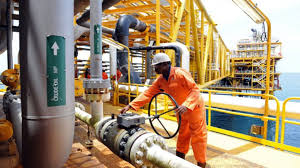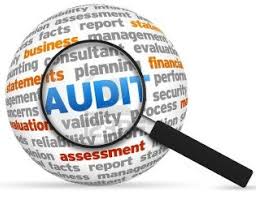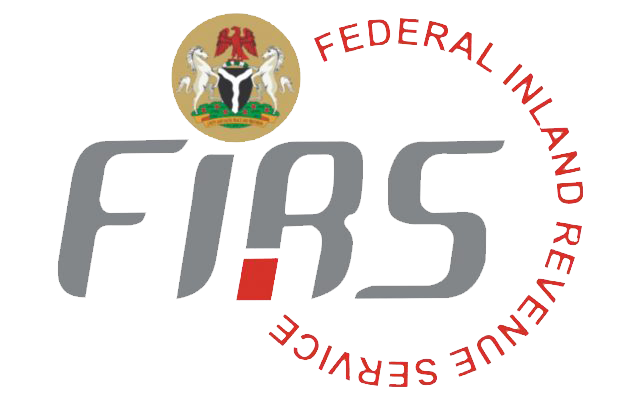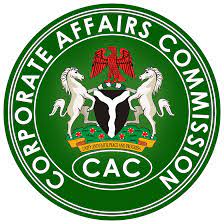
The Role of the NUPRC in Nigeria
The Role of the NUPRC in Nigeria
Nigerian Upstream Petroleum Regulatory Commission (NUPRC) formally known as Department of Petroleum Resources (DPR) is the body that has the statutory responsibility of ensuring compliance to petroleum laws, regulations and guidelines in the Oil and Gas Industry.
The discharge of these responsibilities involves monitoring of operations at drilling sites, producing wells, production platforms and flow stations. Crude oil export terminals, refineries, storage depots, pump stations and retail outlets.
The Nigerian Upstream Petroleum Regulatory Commission (NUPRC), formerly known as the Department of Petroleum Resources (DPR), plays a critical role in regulating and overseeing the upstream petroleum sector in Nigeria.
The Role and Functions of NUPRC:
Regulatory Oversight:
NUPRC serves as the primary regulatory authority responsible for overseeing activities in the upstream petroleum sector, including exploration, production, and development of oil and gas resources. Through licensing, monitoring, and enforcement of regulations, NUPRC ensures compliance with industry standards, safety protocols, and environmental regulations.
Licensing and Permitting:
NUPRC issues licenses, permits, and leases to companies involved in upstream petroleum operations, including oil exploration and production. These licenses are granted following rigorous evaluation of technical capabilities, financial standing, and adherence to regulatory requirements, thus promoting transparency and accountability in the allocation of petroleum resources.
Resource Management and Allocation:
NUPRC manages and allocates Nigeria’s petroleum resources in a sustainable and equitable manner, balancing the interests of the government, industry stakeholders, and local communities. Through effective resource management practices, NUPRC seeks to optimize resource extraction, maximize revenue generation, and promote long-term socio-economic development.
Environmental Protection and Safety Standards:
NUPRC enforces stringent environmental regulations and safety standards to minimize the impact of upstream petroleum activities on the environment, ecosystems, and communities. By promoting best practices in environmental management, pollution control, and remediation, NUPRC mitigates environmental risks and promotes sustainable development in the oil sector.
Revenue Collection and Fiscal Management:
NUPRC is involved in the collection of royalties, taxes, and other fiscal revenues generated from upstream petroleum operations. By ensuring transparency, accountability, and efficiency in revenue collection, NUPRC contributes to the government’s fiscal stability and the funding of critical national development programs.
Impact of NUPRC on Sectoral Development and National Economy:
Stimulating Investment and Innovation:
NUPRC’s regulatory framework provides a conducive environment for investment in Nigeria’s upstream petroleum sector, attracting domestic and foreign investors to explore and develop oil and gas resources. By fostering competition, innovation, and technological advancement, NUPRC stimulates economic growth, job creation, and industrial development.
Enhancing Sectoral Efficiency and Productivity:
NUPRC’s regulatory oversight ensures adherence to industry best practices, operational efficiency, and optimal resource utilization in upstream petroleum activities. By promoting efficiency, productivity, and cost-effectiveness, NUPRC enhances the competitiveness of Nigeria’s oil sector in the global market, thereby increasing its contribution to national GDP and export earnings.
Promoting Local Content Development:
NUPRC encourages the participation of Nigerian companies and local content development in upstream petroleum operations through regulatory incentives, capacity building initiatives, and empowerment programs. By promoting local content participation, skills transfer, and technology transfer, NUPRC enhances indigenous capacity, fosters economic empowerment, and creates opportunities for local entrepreneurs and businesses.
Ensuring Environmental Sustainability and Social Responsibility:
NUPRC’s environmental regulations and safety standards promote responsible and sustainable practices in upstream petroleum operations, minimizing environmental degradation, social conflicts, and community unrest. By prioritizing environmental sustainability, corporate social responsibility, and stakeholder engagement, NUPRC safeguards the interests of host communities, protects biodiversity, and promotes inclusive growth and development.
Categories of NUPRC (DPR) Permits
There are 3 categories of permits which NUPRC (DPR) issue to operators for them to operates within the Oil & Gas industry in Nigeria. The Permits are General Purpose, Major and Specialized.
GENERAL PURPOSE CATEGORY
This category covers Minor Supplies, Works, Maintenance services and do not require specialized or certified competences. Applicants are expected to choose just one (1) service/job from the three (3) classifications
So, just two services could be chosen under the Works classification.
Registration under the General Purpose Category attracts a statutory fee of N5, 000.00 and a processing fee of N500.00 (Five hundred naira). In additon, this fee will also attracts imposed charges by the receiving Agent or bank.
Job groups under the General category are minor services and supplies.
MAJOR PURPOSE CATEGORY
Under the Major Category applicants are required to possess relevant and verifiable technical/special skills and pay a statutory registration fee of N25,000.00 (Twenty Five Thousand Naira) and a processing fee of N2,500.00 (Two Thousand and Five hundred naira).
Job groups under the Major category are above minor services or supplies, but, not upto the specialised category.

Categories of DPR Permits
SPECIALIZED CATEGORY
This is the higest grade in the NUPRC Permits categorization. Under the Specialized Category, applicants are required to possess relevant and verifiable technical/special skills and pay a statutory registration fee of N250, 000.00 (Two Hundred and Fifty Thousand Naira) and a processing fee of N7, 500.00 (Seven Thousand and Five hundred naira).
Job groups under the Specialized category are unlimited and it requires high skilled and proper knowledge of the job and the industry at large.
Conclusion:
In conclusion, the Nigerian Upstream Petroleum Regulatory Commission (NUPRC) plays a pivotal role in regulating and overseeing the upstream petroleum sector in Nigeria. Through its functions in regulatory oversight, licensing, resource management, environmental protection, and revenue management, NUPRC contributes to sectoral development, economic growth, and national prosperity. Therefore, NUPRC’s efforts are essential for ensuring the sustainable development and responsible management of Nigeria’s valuable petroleum resources, while promoting transparency, accountability, and inclusive growth in the oil industry.
To know more about roles of NUPRC, OGISP and how to proccess it registration, kindly contact us at :
E-mail: care@sowprofessional.com
Website: www.sowprofessional.com
Phone: 07038254989
Whassapp: 07038254989



